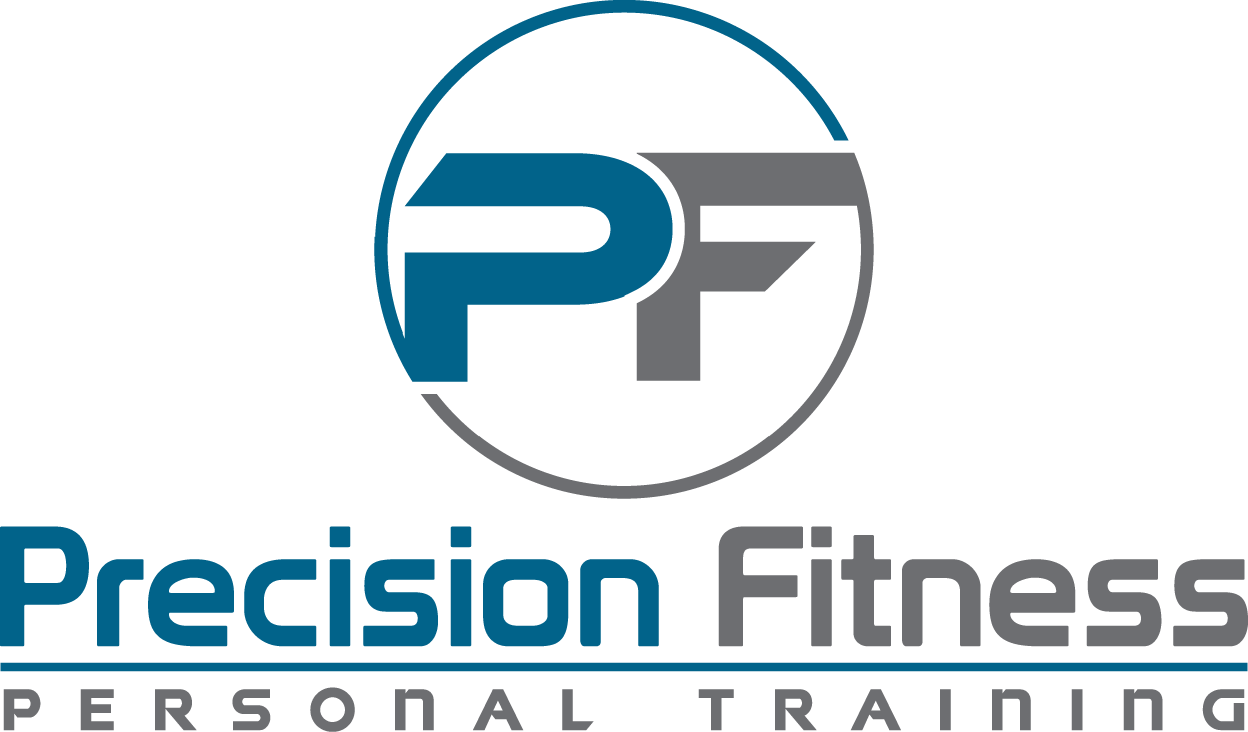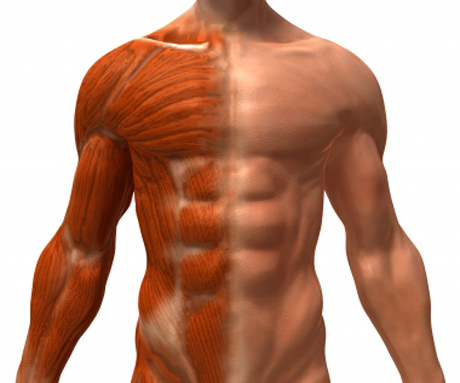- Have any questions?
- (479) 273-5707
- info@PrecisionFitnessNWA.com
Protein Requirements For Your Goal
Nutrition For A Faster Recovery
January 23, 2013Serving Tips For Shrimp
January 30, 2013As you go about your fitness program, at times the goals that you’re striving to reach may change. Initially you may be set on seeing great fat loss success from your diet and workout plan, but over time, that may change so that you become more focused on building lean muscle mass.
Or, maybe you don’t even have any body weight changes you want to make, but rather you want to promote overall good performance and health.
Whatever the case happens to be, it’s important to understand how your protein requirements will change as you go about your goals so that you can structure your diet properly for success.
Let’s go over what you need to know.
Protein For Fat Loss
The first goal to address is fat loss. If you want to shed the excess fat from your body, your protein needs will actually be higher now than ever before. Most people would think that your protein intake would come down since you’ll be consuming fewer calories, but really, the opposite is true.
By eating more protein during the goal of fat loss, if you do use any protein for energy purposes, there will still be plenty left over to maintain your lean muscle mass.
This is absolutely critical if you hope to maintain a higher metabolic rate over the long term.
Protein For Muscle Building
Second, if you’re someone who is seeking muscle building, you actually won’t need nearly as much protein as you would for fat loss.
The body can only build so much muscle each day, so once your protein requirements are met, any additional protein taken in over and beyond this really isn’t all that helpful. You’d be better off putting the calories towards carbs or dietary fats.
One gram of protein per pound of body weight is more than sufficient in this case.
Protein For Performance
Finally, if you’re looking to achieve maximum performance with your workout, you want to be somewhere in the middle ground.
You won’t need as much protein as you do when you’re striving for fat loss since you’ll be eating more calories overall, but you do still need plenty of protein so that you are always in a fully recovered state.
Aim for around 1.2 grams per pound a day and you shouldn’t have any problem seeing good success.
With all of this, also make sure that you are taking in high quality sources of protein as well such as chicken, fish, lean red meat, low fat dairy products, and eggs so that you are feeding your body all the amino acids that it needs.
Keeping these tips in mind will ensure that you stay on top of your protein requirements all throughout the course of your diet plan.

